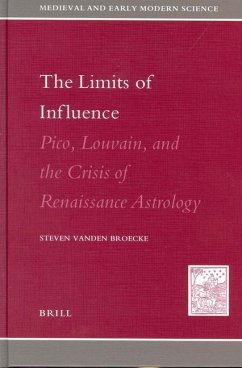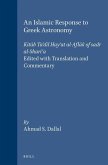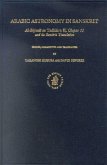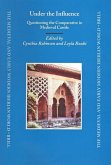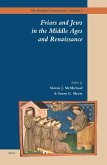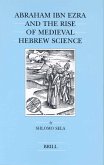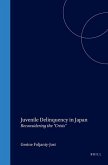Historians of science often acknowledge the academic status of astrology in the early modern period, but mostly fail to explore its relation with other disciplines and its role in society. This book seeks to fill that gap. The first part of the book examines the practices and functions that shaped late medieval astrology, and relates how its academic status became discredited, both in northern Italy and the Low Countries. The second part of the book examines various counter-strategies of astrological reform, and shows how these ultimately failed to restore public trust in academic astrology. This book provides a new level of detail to the history of astrology. It also establishes important new links with other fields, like the history of universities, humanism, astronomy, medicine, and instrument building.

